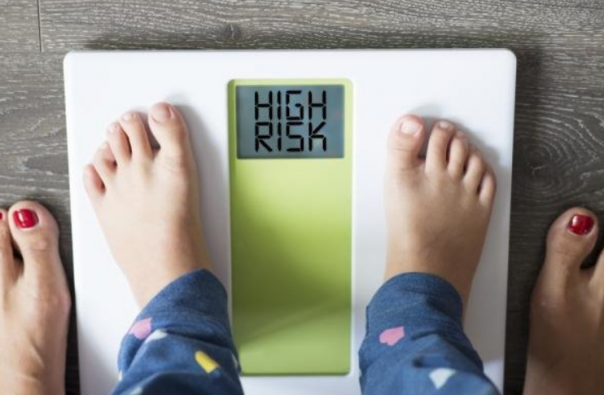Government says it plans to tackle rising childhood obesity epidemic

Data from over 1.1 million children measured across state-maintained schools in England during the academic year 2024-25 showed 10.5% of children in reception and 22.2% of year 6 children are living with obesity.
The research found 75.4% of children in reception and 62.2% in year 6 remain a healthy weight. The figures cover the period before the Government’s current public health interventions have taken effect.
Excluding the Covid-19 pandemic peak, this is the highest obesity prevalence seen in reception since measurements began in 2006-07.
Children from black ethnic groups are more likely to be living with obesity, while obesity prevalence is more than double in the most deprived areas compared to the least deprived (14% versus 6.9% in reception and 29.3% versus 13.5% in year 6). This deprivation gap has widened since the programme began.
Government measures to decrease obesity include restrictions on junk food advertising and high-caffeine energy drinks, expanded free school meals and the introduction of universal free breakfast clubs.
The Government says it will also revise the school food standards to ensure every child has access to nutritious and healthy meals.
Health and Social Care Secretary Wes Streeting said: “This Government will not look away as kids get unhealthier and critics urge us to leave them behind. Obesity robs children of the best possible start in life, sets them up for a lifetime of health problems, and costs the NHS billions.
“The figures show the extent of the problem and the need to act now, which is exactly what we’re doing - in schools, on sports pitches and online - to make healthy choices the easy choices, support families and turn the tide on childhood obesity. This is prevention, not punishment, and will help families and children across the country.”
The Government is restricting junk food and drink advertisements - on television before 9pm and online - to protect children from exposure to less healthy food and drink. This is expected to remove up to 7.2 billion calories per year from children’s diets.
Promotions such as ‘buy one get one free’ and ‘3 for 2’ on less healthy foods have also been restricted. The policy is projected to deliver health benefits worth £2 billion and NHS savings of £180 million over 25 years.
Early Education Minister Olivia Bailey added: “We are determined to make every school a place where children can access healthy, nutritious meals and be supported to live an active, healthy life. Whether it’s nutritious breakfasts in our new free breakfast clubs, or healthy free school meals for 500,000 more children, we are determined to give every child the best start in life.”
